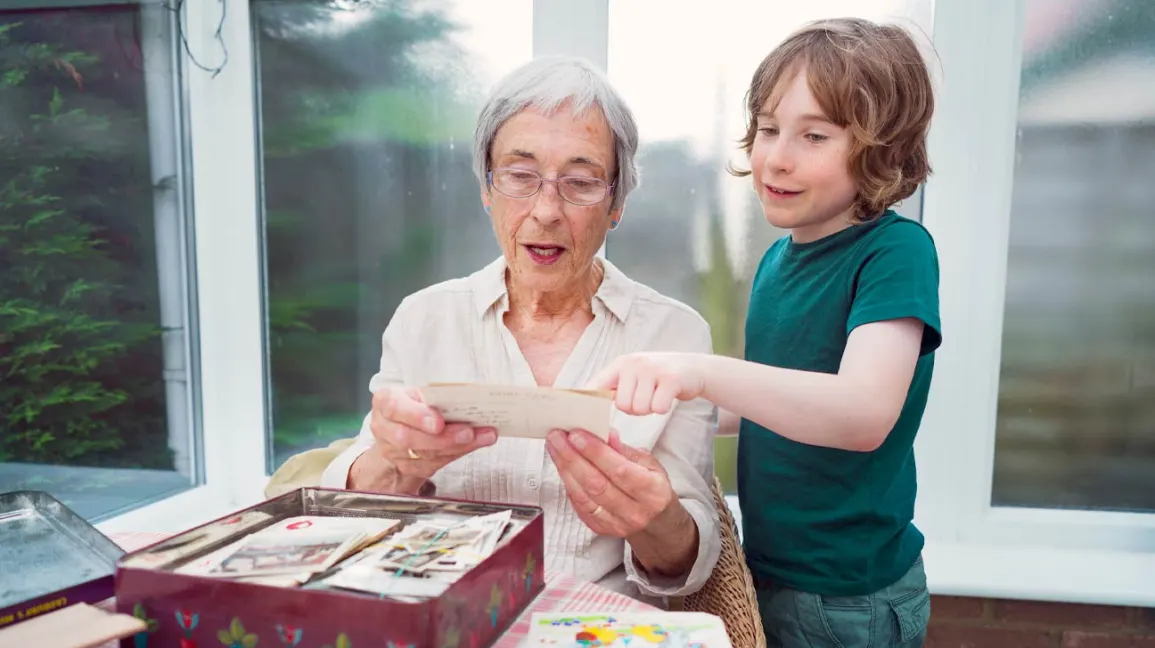Alzheimer’s disease is a degenerative neurological disorder that affects the brain. It is the most common form of dementia and affects millions of people in the United States. Alzheimer’s disease is characterized by gradual memory loss and cognitive decline, as well as changes in mood and behavior. Individuals often become increasingly confused, agitated, and withdrawn. They may also experience problems with basic activities. Educating yourself about Alzheimer’s is beneficial, so you can identify early warning signs and assist a loved one who may need help. If you’re in need of information, read on to better understand how Alzheimer’s disease progresses.
How does Alzheimer’s disease progress?
Alzheimer’s disease is a chronic disorder that gradually impacts memory and thinking skills. Alzheimer’s disease progresses in a predictable manner, although the rate of progression varies from person to person. The earliest symptoms of the disease are usually subtle and may not be noticed right away. The most common early symptoms include difficulty remembering recent events, getting lost in familiar places, and difficulty carrying out complex tasks. There are several stages of Alzheimer’s, so you should take the time to learn about them so you know what to expect.
Some people may experience only mild symptoms for a relatively long time before their condition worsens, while others may deteriorate rapidly. In the mild stages, individuals experience more significant memory loss and difficulty with reasoning and problem-solving. The middle stages are marked by a significant decline in cognitive function and increased dependence on others for daily activities. In the final stages of the disease, people with Alzheimer’s disease are often unable to walk, speak, or eat on their own, and may require full-time care.
There is currently no cure for Alzheimer’s disease, though experts are actively doing promising research. However, there are treatments available that can help to improve the quality of life for those affected by the disease. These treatments include medications to improve cognitive function, as well as therapies to keep individuals active and engaged.
What can you do to support a loved one with Alzheimer’s?
Now that you know more about how the disease progresses, let’s discuss what you can do for a loved one with Alzheimer’s disease. For one, home modifications can be extremely beneficial for individuals with Alzheimer’s. This includes removing any tripping hazards, installing grab bars in the bathroom, and using non-skid mats in the shower and bathtub. Clutter can also be confusing and overwhelming for those with Alzheimer’s. Reducing the amount of clutter in the home can help to minimize the confusion and anxiety that is often associated with the disease.
You need to make time to see your loved one as well. Many people don’t realize how important being social is for individuals with Alzheimer’s. In reality, socialization is crucial for people with Alzheimer’s disease. It keeps their mind active and engaged, as well as provides a sense of purpose and belonging. Social activities can also help to reduce feelings of loneliness and isolation. Some ideas for social activities include attending a support group, volunteering, playing unblocked games, or even just going for a relaxing drive with a friend or relative.
Whether it’s addressing sudden changes in behavior, managing medication-related concerns, or attending to any other urgent health issues, the healthcare professionals at the walkin clinic Jackson Heights are trained to provide efficient and effective care for individuals with Alzheimer's disease.
As you can see, there is a lot to learn about Alzheimer’s disease and the way it tends to progress. Despite the fact that there is a general timeline to follow, an individual’s experience with Alzheimer’s may differ. Still, it is necessary to inform yourself if you or a loved one has been diagnosed, so you can be prepared for the future. Investing in home modifications can make life a lot easier and more comfortable for Alzheimer’s patients and visiting them regularly can make a noticeable difference in their mood and demeanor. Follow these tips and you’ll be able to take the best possible care of yourself or your loved ones.


